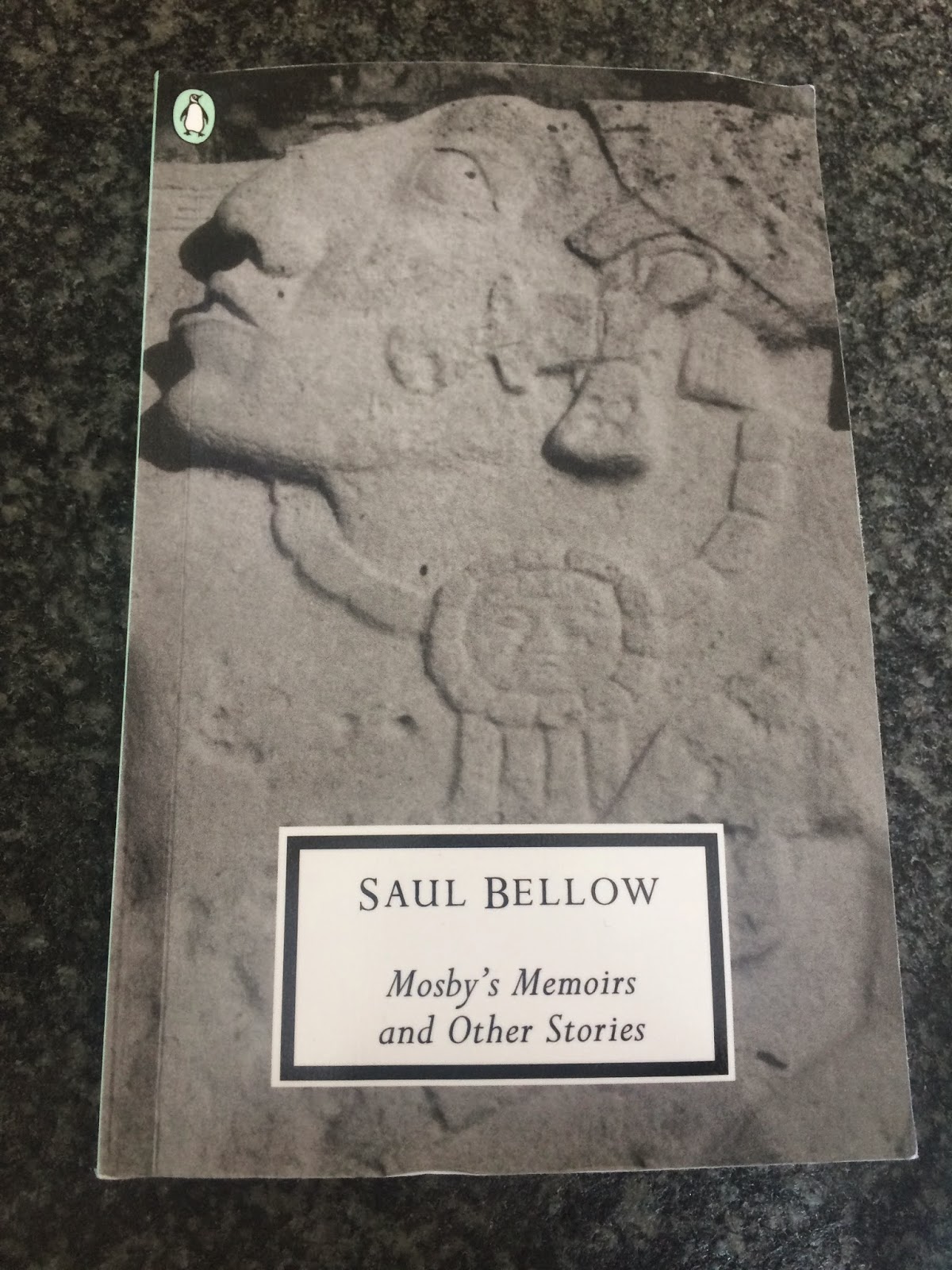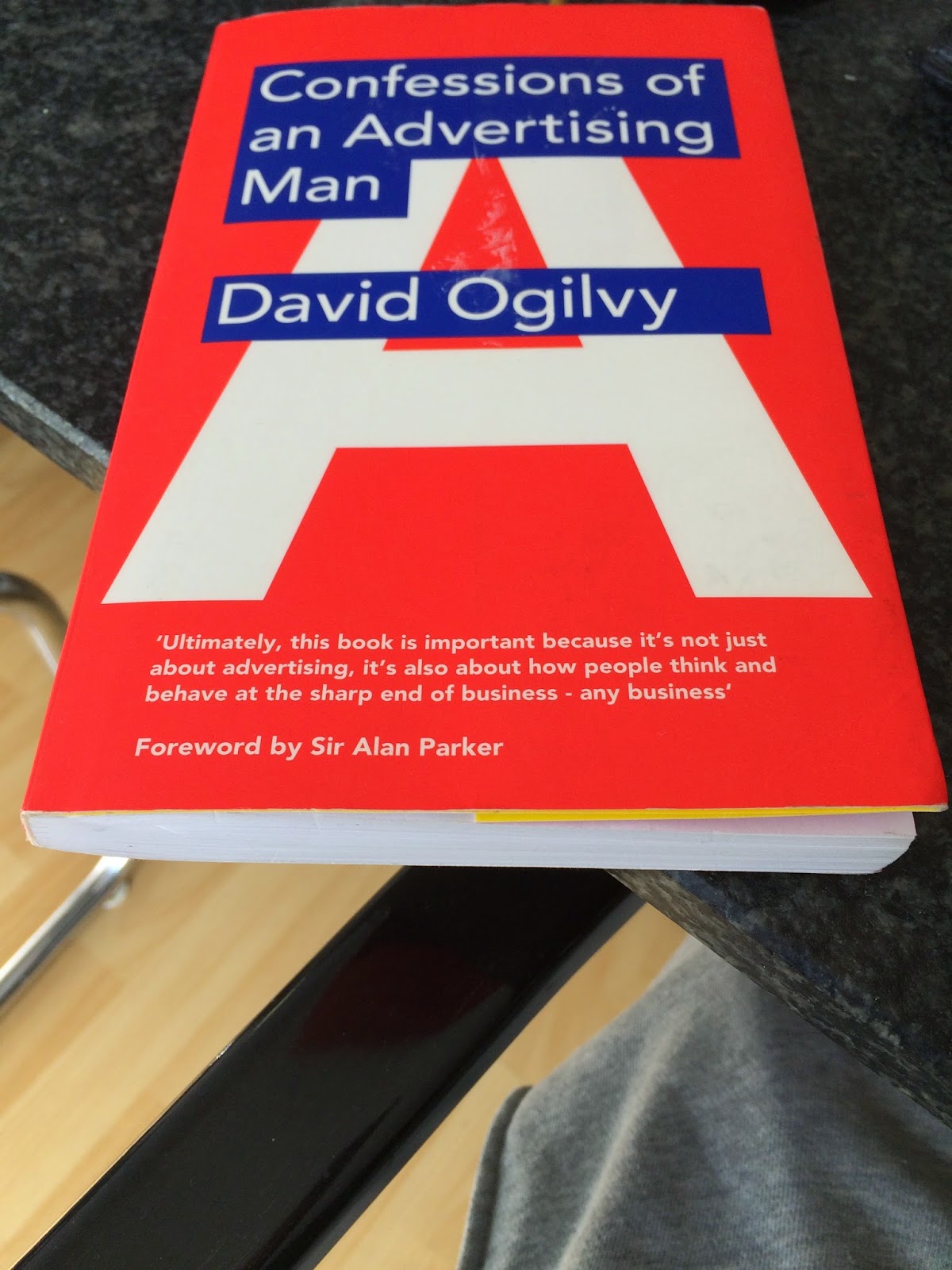Most stories seem to be about ‘intelligence
vs. the world’. And how the world wins.
“”If
you don’t do as he therapist tells you, Hattie, you’ll need another operation.
Do you know what adhesions are?”
She
knew, but Hattie thought, How long must I
go on taking care of myself?” (Bellow, Leaving the Yellow House, 1968,
p.16).
“I
can see bright, but I feel dim.” (Bellow, Leaving the Yellow House, 1968,
p.27).
Whom
to leave the yellow house after her death: “”It is too soon! Too soon! Because
I do not find it inmy heart to care for anyone as I would wish. Being cast off
and lonely, and doing no harm where I am. Why should it be? This breaks my
heart. In addition to everything else, why must I worry about this, which I
must leave? I am tormented out of my mind. Even thoughby my own fault I have
put myself into this position. And I am not ready to give up on this. No, not
yet. And so I’ll tell you what, I leave the property, land, house, garden, and
water rights to Hattie Simmons Waggoner. Me! I realize this is bad and wrong.
Not possible. Yet it is the only thing I really wish to do. So may God have
mercy on my soul.” (Bellow, Leaving the Yellow House, 1968, p.42).
“Only
tonight I can’t give the house away. I’m drunk and so I need it. And tomorrow,
she promised herself, I’ll think again. I’ll work it out for sure.” (Bellow,
Leaving the Yellow House, 1968, p.42).
“Respectable
elms about his house sighed with him for the past.” (Bellow, The Old System,
1968, p.64).
“But
once humankind had grasped its own idea, that it was human and human through
such passions, it began to exploit, to play, to disturb for the sake of
exciting disturbance, to make an uproar, a crude circus of feelings.” (Bellow,
The Old System, 1968, p.82).
“Again,
nothing! It was only an imitation of understanding. A promise that mankind
might – might, mind you – eventually, though its gift which might – might
again! – be a divine gift, comprehend why it lived. Why life, why death.
And
again, why these particular forms – these Issacs and these Tinas?” (Bellow, The
Old System, 1968, p.83).
“”I’ll
report it and see what can be done.”
“Nothing
can be done, I expect. You know and I know. There ain’t so little ways to make
things better, and the only big thing is money. That’s the only sunbeams,
money. Nothing is black where it shines, and the only place you see black, is
where it ain’t shining. What we colored have to have is our own riches. There
ain’t no other way.”” (Bellow, Looking for Mr. Green, 1968, p.102).
“Rebuild
after the Great Fire, this part of the city was, not fifty years later, in
ruins again, factories boarded up, buildings deserted or fallen, gaps of
prairie between. But it wasn’t desolation that this made you feel, but rather a
faltering of organization that set free huge energy, an escaped, unattached,
unregulated power from the giant raw place. Not only must people feel it but,
it seemed to Grebe, they were compelled to match it.” (Bellow, Looking for Mr.
Green, 1968, p.104). “To be compelled to feel this energy and yet have no task
to do – that was horrible; that was suffering.” (Bellow, Looking for Mr. Green,
1968, p.104).
“Objects
once so new, so concrete that it could never have occurred to anyone they stood
for other things, had crumbled. Therefore, reflected Grebe, the secret of them
was out.” (Bellow, Looking for Mr. Green, 1968, p.104).
“I’m
not much on modern poetry in English. Some of it is very fine, of course, but
it doesn’t express much wish to live. To live as a creature, that is.” (Bellow,
The Gonzaga Manuscrips, 1968, p.113).
“His
Belly was like a drum, and he seemed also to have a drumlike soul. If you
struck, you wouldn’t injure him. You’d hear a sound.” (Bellow, The Gonzaga
Manuscrips, 1968, p.137).
“Money
surrounds you in life as the earth does in death. Superimposition is the
universal law.” (Bellow, A Father-to-Be, 1968, p.145).
“Seated,
one of the passngers, Rogin recovered his calm, happy, even clairvoyant state
of mind. To think of money was to think as the world wanted you to think; then
you’d never be your own master.” (Bellow, A Father-to-Be, 1968, p.148).
“”You
have the healthiest looking scalp,” she said. “It’s all pink.”
He
answered, “Well, it should be white. There must be something wrong with me.”
“But
there’s absolutely nothing wrong with you,” she said, and pressed against him
from behind, surrounding him, pouring the water gently over him, until it
seeled to him that the water came from within him, it was the warm fluid of his
own secret loving spirit overflowing into the sink, green and foaming, and the
words he had rehearsed he forgot, and his anger at his son-to-be disappeared
altogether.” (Bellow, A Father-to-Be, 1968, p.155).
“But
the French cannot identify originality in foreigners. That is the curse of an
old civilization. It is a heavier planet. Its best minds must double their
horsepower to overcome the gravitational field of tradition. Only a few will
ever fly. To fly away from Descartes.” (Bellow, A Father-to-Be, 1968, p.159).
“He
was quite ugly with his information. The Water Table, the Caverns, the Triassic
Period. Inform me no further! Vex not my sould with more detail. I cannot use
what I have.” (Bellow, A Father-to-Be, 1968, p.181).





